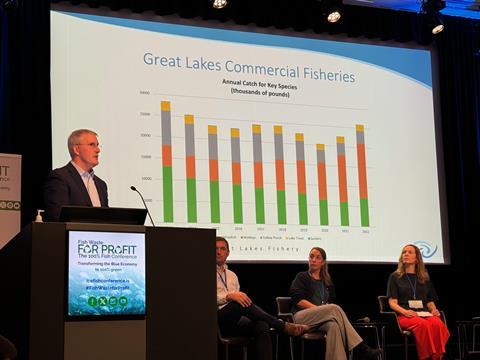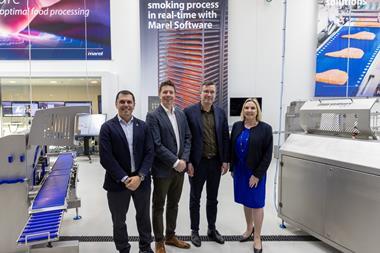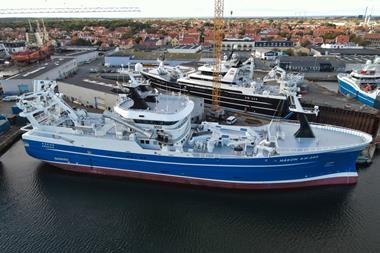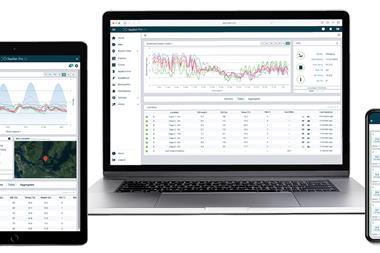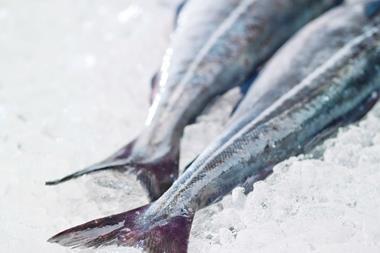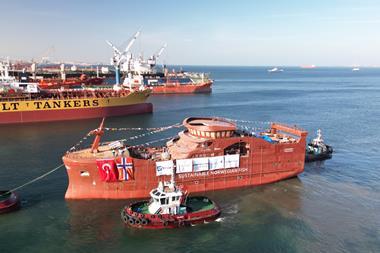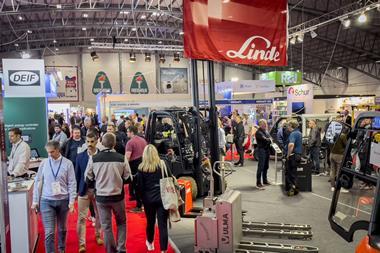Having seen a steady decline in its commercially- and socially-important lake whitefish fishery, Great Lakes St Lawrence Governors & Premiers (GSGP) is two years into a long-term project facilitating a turnaround in the local region’s seafood fortunes through the adoption of 100% Fish strategies.
GSGP Executive Director David Naftzger told the 5th Fish Waste for Profit conference in Reykjavik, Iceland, that the Chicago-based organisation – representing the Governors of the Great Lakes States and the Canadian Premiers of Ontario and Québec, and its partners – launched the 100% Great Lakes Fish initiative in September 2022, recognising that a full fish utilisation strategy offered significant opportunities for its traditional fisheries and emerging aquaculture industry.
Having seen the lake whitefish stock deteriorate and come close to collapse in certain areas of the Great Lakes, it accepted that it couldn’t restock its way out of the problem, despite some progress in that regard, Naftzger said.
“At the same time, we have seen the 100% Fish model work here in Iceland and elsewhere. We know we can drive more value for our fishery, even if our catch is declining.”
Naftzger explained that the process began with some basic analysis that focused on trying to understand what was happening within the Great Lakes fishery. And from there, GSGP started to ask questions. It also started to build a “culture of collaboration”, through which it has got to know a lot of different industry leaders and organisations.
While its fisheries had been based on fillet production, it is now looking beyond this – at greater product diversity, with a programme of studies and evaluations planned for the next few years, including value chain analyses and the creation of new partnerships.
“We’re going to be identifying economic and environmental benefits of these various options and different product opportunities to find what is optimal for our region, what will create the most sustainable outcome environmentally, and what’s going to be most economically impactful,” Naftzger said.
The journey has really taken hold in the past two years, he said. “We’re in a really exciting place. We’ve accomplished a lot in short period of time, but this is something we’re committed to and that we’re going to sustain over the long -erm. Our regional economy is transforming, and this can be an important pillar of what we’re trying to build in Great Lakes, a sustainable future, one that deals with a traditional industry in a new and creative way.”
